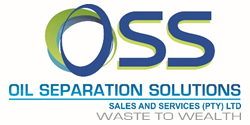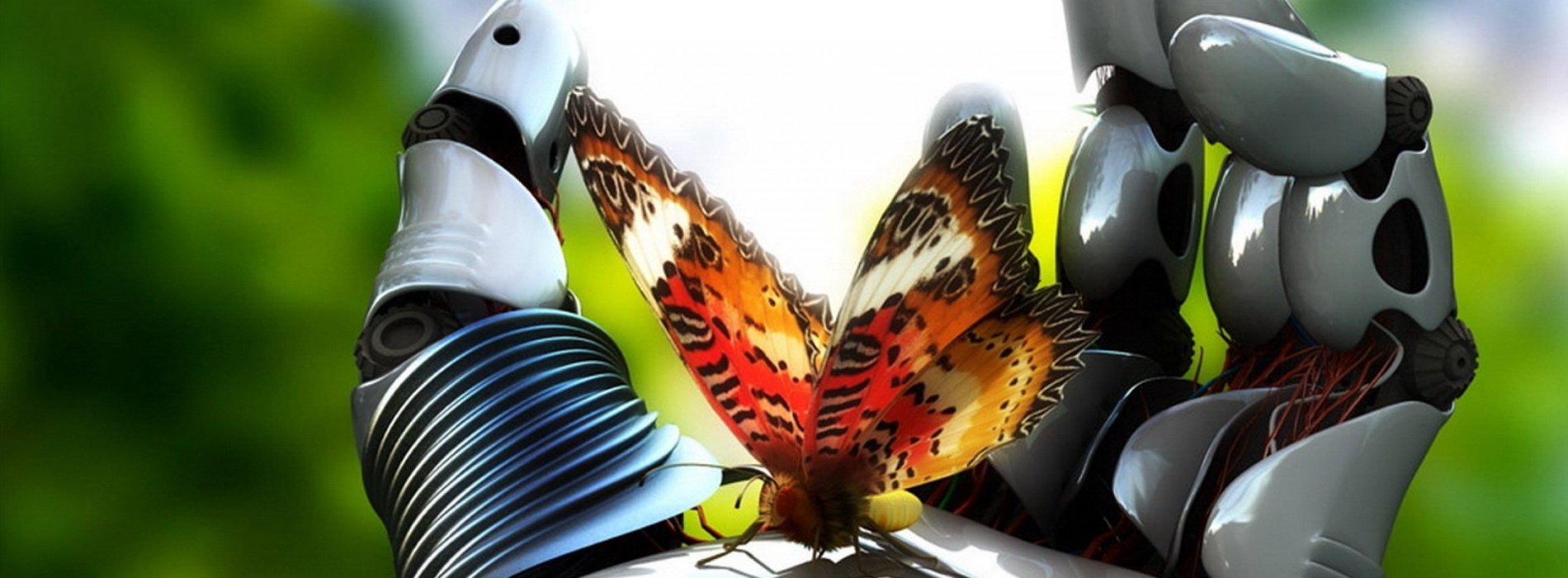Reasons to use a self-cleaning Water separator
When it comes to water purification, self-cleaning water separators are among the best devices anyone can use to separate water from heavier chemicals like gasoline and oil. They have many applications in several industries that require water purification and offer businesses of all sizes numerous benefits.
These devices are primarily used to purify water of heavy chemicals that could be harmful to the environment. Their usage in the oil and petrol industries is paramount to clean water before allowing it to be expelled back into a water network.
How does a self-cleaning water separator work?
Water separators have several components that work in harmony to purify water, one of the primary ones being the weirs and skimmers. The weir component holds back oil as streams of water pass under it. The skimmer then continuously ‘peels’ off the topmost layers of the oils, allowing the water to become as purified as possible before use or expulsion.
Reasons to invest in a self-cleaning water separator
Easily purifies water content
When you need to clean dirt , sometimes regular filters wont get the job done. Self-cleaning water separators come in handy when pools of water are too filthy to reuse or expel back into a water network. They have several phases of water purification and can remove virtually 100% of oil content from a sample of water.
Help maintain a safe environment
Expelling harmful liquids into a water network can have detrimental effects on the organisms that rely on that network to survive, whether it be humans or animals. Self-cleaning water separators help protect water systems and ensure that businesses working with oil and gasoline are compliant with environmental safety regulations.
Ease of use
Self-cleaning water separators are very easy to use and install. These devices don’t require electricity or chemical gasoline to operate. They are highly efficient and low-cost water purification devices that don’t require much human intervention when working. Get in touch with us today to learn more!













